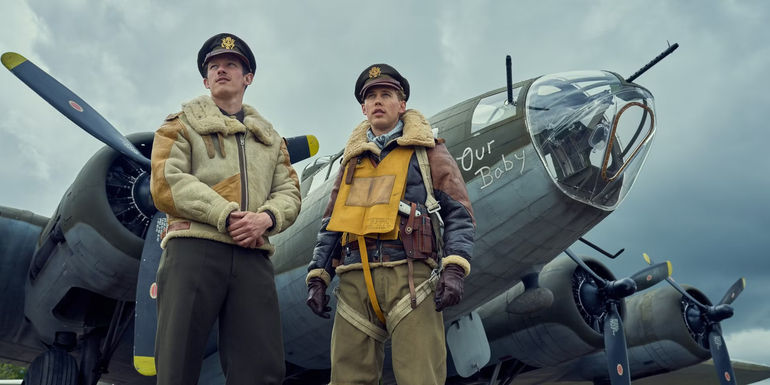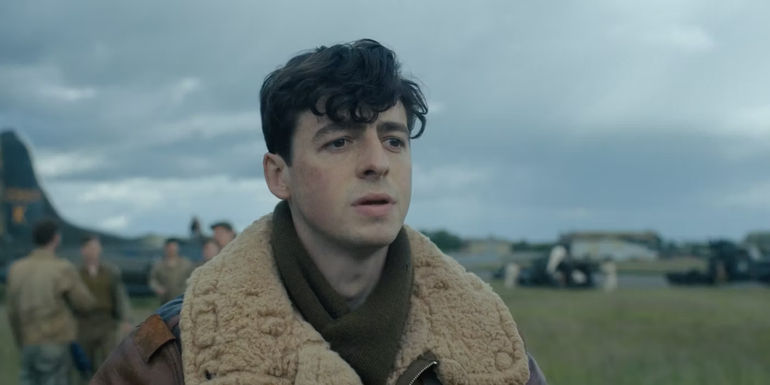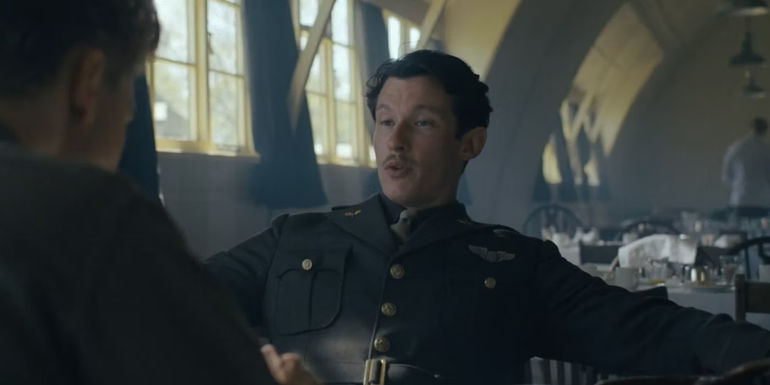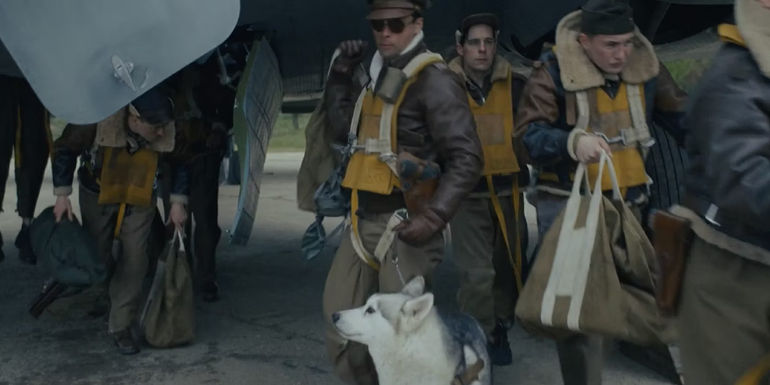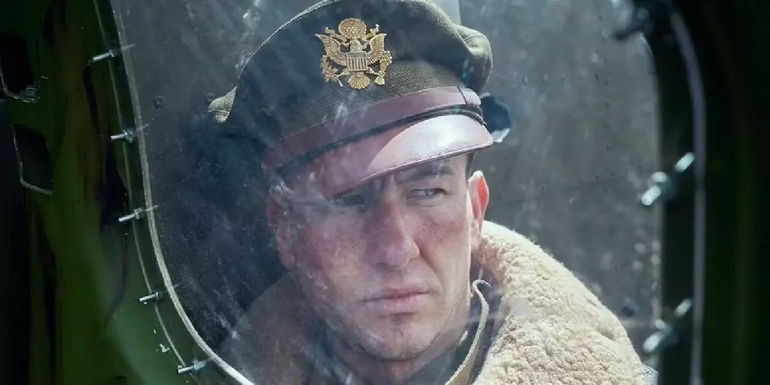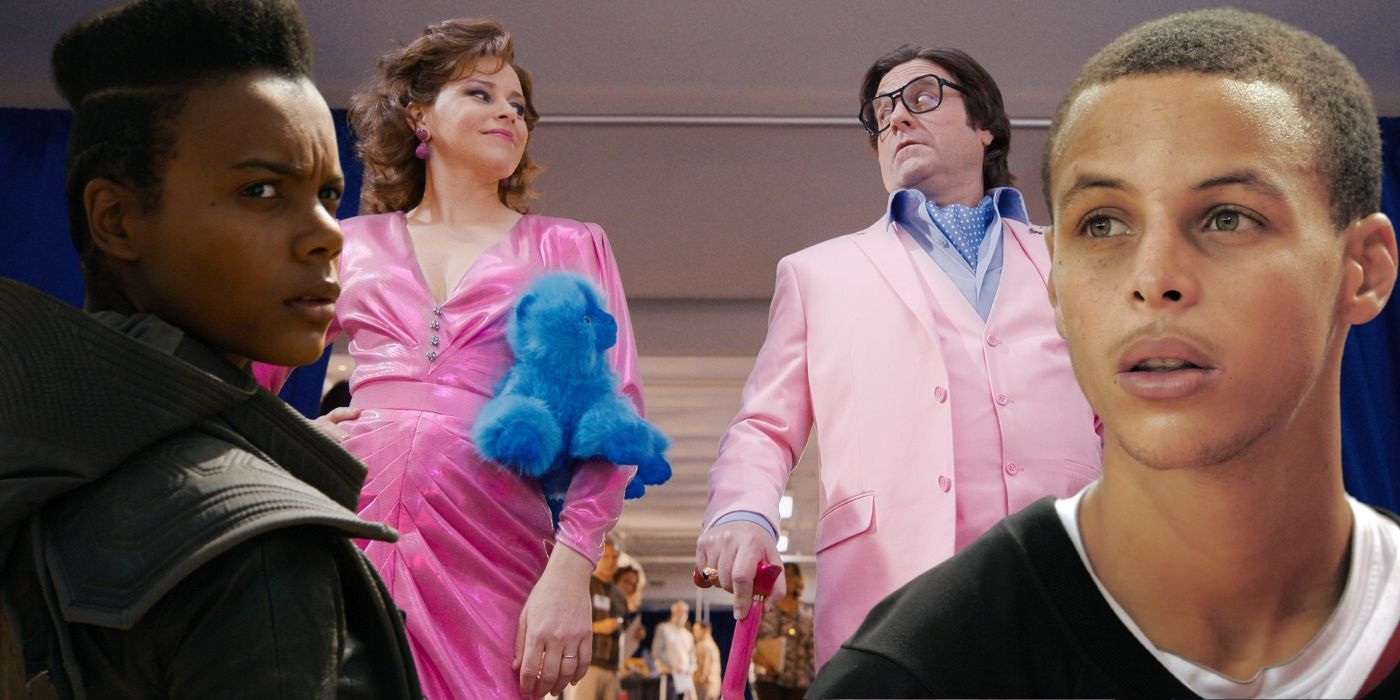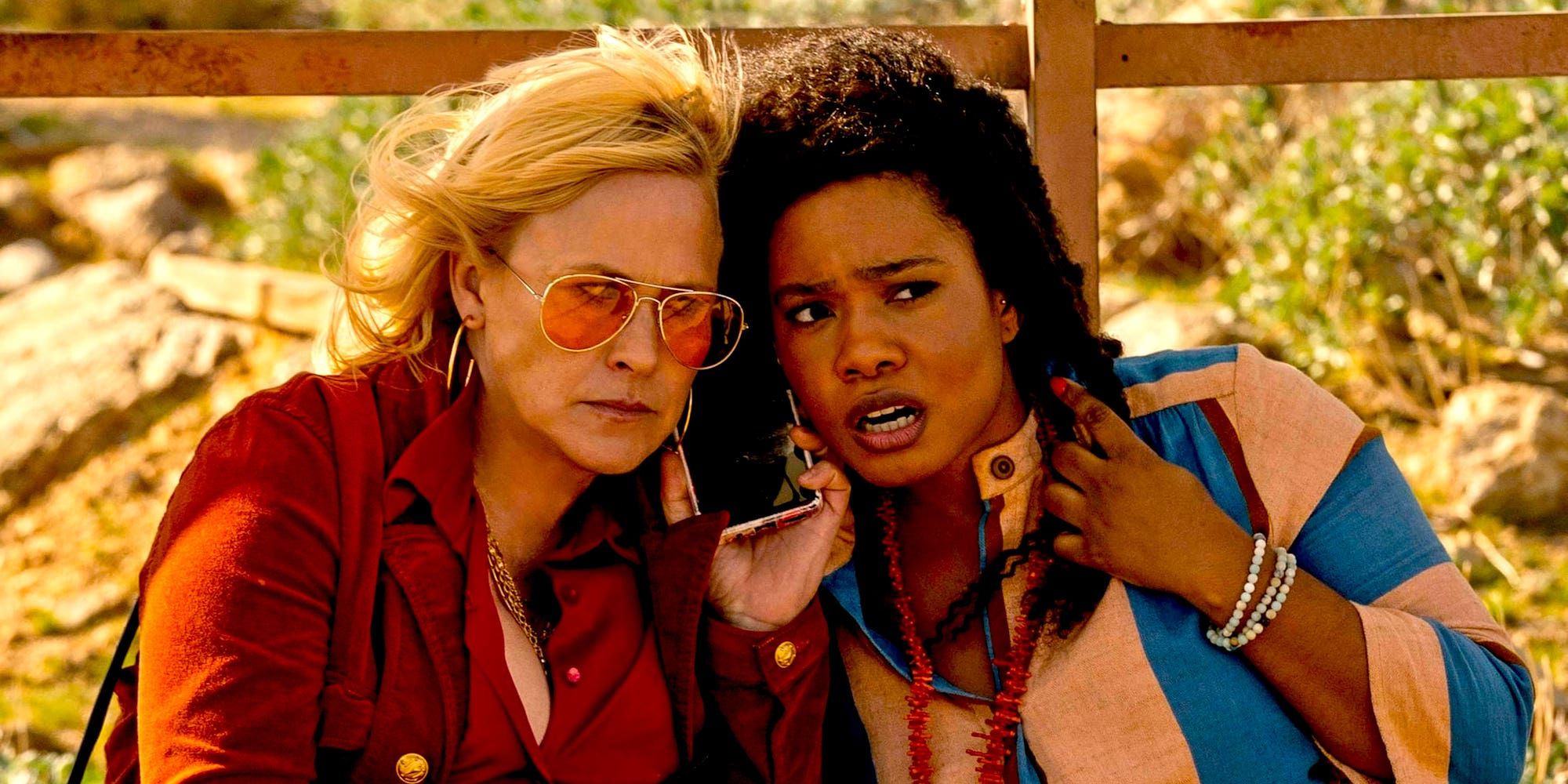
Masters of the Air: A New Chapter in World War II Storytelling

Exploring the latest Apple TV series and the critical response to its portrayal of the 100th Bomb Group.
Introduction
Masters of the Air, the much-anticipated Apple TV series, has taken flight, marking the third installment in the World War II exploration by executive producers Steven Spielberg and Tom Hanks. The series chronicles the true story of the 100th Bomb Group, as recounted in Donald L. Miller's book of the same name. Following the highly acclaimed Band of Brothers and The Pacific, this latest release has garnered attention and critical reviews ahead of its launch on Apple TV Plus.
Callum Turner and Austin Butler in Masters of the Air
Set in the 1940s, Masters of the Air promises to deliver a compelling narrative that captures the harrowing experiences of the pilots who faced terrifying circumstances during World War II. With its focus on aerial scenes, visual effects, and sound mixing, the series aims to immerse viewers in the perilous world of combat aviation.
Barry Keoghan as Curtis Biddick Masters of the Air
Critical Reception
As reviews for Masters of the Air start to surface, critics offer a range of perspectives on the series. While the sentiment is generally positive, comparisons to its predecessors, Band of Brothers and The Pacific, reveal intriguing insights into the storytelling and character portrayal of the latest installment. Critics note that the series, while accomplishing impressive technical feats, doesn't always hit the same highs as its predecessors.
Anthony Boyle as Harry Crosby Masters of the Air
Screen Rant's Rachel LaBonte highlights the impressive technical achievements of the series, particularly in its portrayal of aerial scenes and the terrifying circumstances faced by the pilots. The cast, including actors such as Callum Turner, Barry Keoghan, and Anthony Boyle, has been widely praised for their performances, bringing depth and authenticity to their characters.
Callum Turner as John Bucky Egan in Masters of the Air
Rebecca Nicholson of The Guardian celebrates the 'old-fashioned' feel of the story and its characters, emphasizing the grand, traditional nature of the series. However, Caryn James of the BBC notes the presence of earnest, clunky dialogue and swaggering heroes, reminiscent of classic war movies from the 1940s.
Raff Law as Ken Lemmons in Masters of the Air
Ben Travers' review for IndieWire offers a more critical perspective, praising the action sequences while critiquing the character development. Travers argues that the characters lack specificity and depth, echoing the sentiment of other critics who find fault in the portrayal of the series' protagonists. On the other hand, Matthew Creith of The Wrap offers a more positive assessment, highlighting the show's cinematic battle sequences and pulse-pounding musical scores that energize the viewing experience.
Adam Long as Bernard DeMarco and Meatball in Masters of the Air
Anticipation and Release
With the release date of Masters of the Air drawing closer, anticipation is building for the arrival of this latest chapter in World War II storytelling. Scheduled to debut on Apple TV Plus, the series promises to offer viewers a captivating and immersive experience, transporting them to the turbulent era of the 1940s and the heroic exploits of the 100th Bomb Group.
Barry Keoghan as Lt. Curtis Biddick Masters of the Air
As audiences await the release of Masters of the Air, the critical discourse surrounding the series sets the stage for an engaging exploration of its narrative, visual artistry, and character dynamics. The reception of the show, both positive and critical, underscores the significance of storytelling in depicting historical events and the enduring impact of World War II on popular culture.
